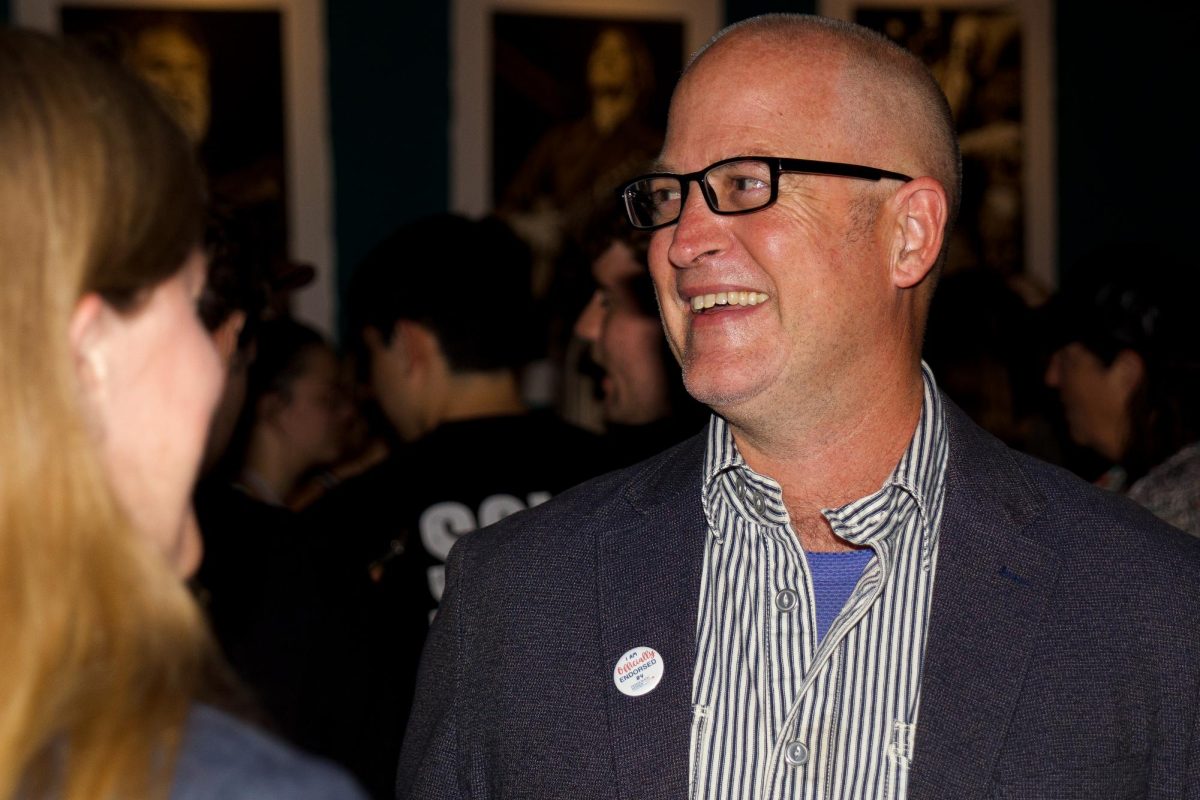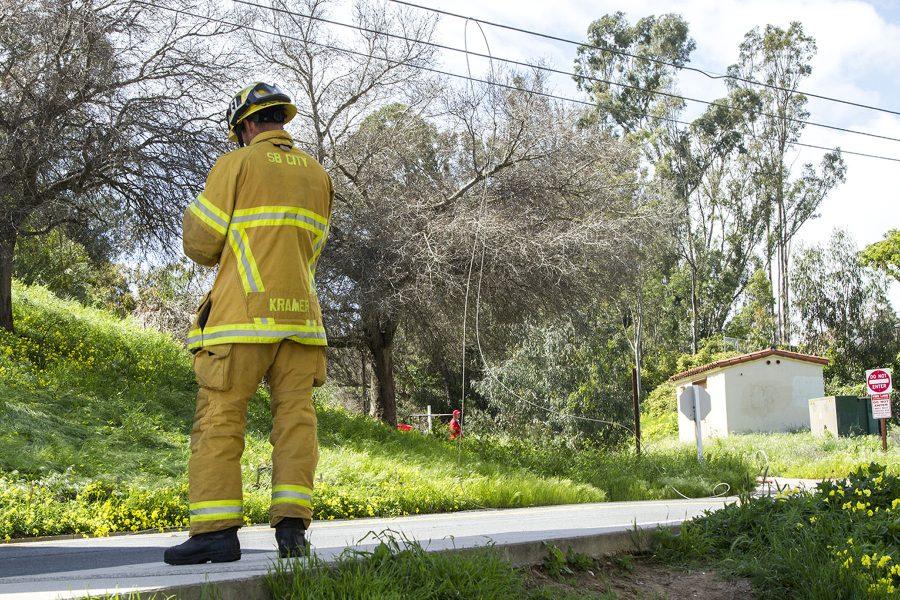The Academic Senate voted not to recommend that the college offer two summer sessions in 2016.
A majority of the senators and departments they represent were against the proposal to schedule double sessions, with a vote of 12 against and seven in favor of the suggestion.
“For departments like ours, it’s a huge hardship,” said Kathy O’Connor, physical health education professor. “I don’t think we gained anything really from having two sessions.”
The senate vote was not official, but is the recommendation that will be presented to the College Planning Council before the council makes a decision.
The senate has previously evaluated the data from a survey conducted by Executive Vice President Jack Friedlander, which included feedback from the participants of the sessions.
Some senators said that their departments were in favor of the previous two summer sessions and wanted to continue to explore the possibility of offering double sessions in the future.
“We felt that it had a positive effect on students,” said Senator Monica DiVito, who represents the English department. “It also gave opportunities for faculty who wanted to make extra money.”
She explained that the department felt that the benefits of offering two sessions outweighed the problems encountered.
Although the two sessions received mostly positive feedback from students and faculty, one of the biggest issues raised was the workload for classified staff.
The senate agreed that regardless of the vote’s outcome, the college would have to develop the program so that it wouldn’t add to the stress of staff members.
“I don’t want the classified staff to feel as if we are not in support of them,” said Senator Gwyer Schuyler. “And we need to make sure that they get their needs met.”
The cramped schedules and lack of breaks between sessions also caused several discussions during previous senate meetings, and was pointed out by O’Connor on Wednesday afternoon.
She explained that although the college and faculty benefited financially from the double sessions, the money earned was not worth the cost of people’s well-being. She added that the college has lost classified staff but is not looking to hire more, which increased the workload for the people who worked during both sessions.
“I don’t know how we can really look at those issues and not be terribly concerned,” O’Connor said.
The recommendation will be passed on to the College Planning Council, which will make its decision later in October.
















